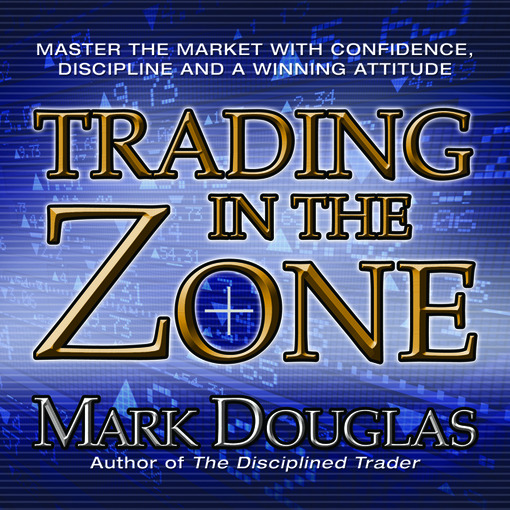A Trader’s 10 Best Friends
- Studying the markets to understand what works. $Study
- You are comfortable with uncertainty. ????
- Being optimistic about winning in the long term. #Winning
- You manage risk very carefully on each trade. #RiskofRuin
- Thinking in probabilities and asymmetrical trades. #RiskReward
- Following your trading plan. #Discipline
- Accepting losses. #StopLoss
- Letting winners run. #TrendFollowing
- A plan on exactly how you will trade. #TradingPlan
- A robust trading system. #EDGE
A Trader’s 10 Worst Enemies
- Scared to enter a trade.#Fear
- Feeling the need to be right on every trade. #Pride
- Entering a trade too late or taking profits too soon. #Impatience (more…)

 Everything is difficult before it becomes easy.
Everything is difficult before it becomes easy.
 1.) When it comes to trading, it turns out that the skills we learn to earn high marks in school, advance our careers and create relationships with other people, turn out to be inappropriate for trading. Traders must learn to think in terms of probabilities and surrender all of the skills acquired to achieve in virtually every other aspect of life.
1.) When it comes to trading, it turns out that the skills we learn to earn high marks in school, advance our careers and create relationships with other people, turn out to be inappropriate for trading. Traders must learn to think in terms of probabilities and surrender all of the skills acquired to achieve in virtually every other aspect of life.